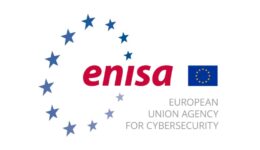Meta Risks EU Penalties for Pay-or-Consent Model
Meta faces potential daily fines from the EU for its “pay-or-consent” ad model, which regulators argue violates the Digital Markets Act by not offering a minimal-data alternative.

Meta faces potential daily fines from the EU for its “pay-or-consent” ad model, which regulators argue violates the Digital Markets Act by not offering a minimal-data alternative.

Apple and Meta have avoided immediate new penalties for DMA non-compliance, as the European Commission prioritizes compliance and dialogue over automatic fines.

The State of the Digital Decade 2025 report finds the EU progressing in digital infrastructure but lagging in key technologies and skills, urging greater investment and coordinated action.

Sweden’s Prime Minister urges a pause on the EU AI Act rollout, citing missing technical standards and risks to Europe’s digital competitiveness.

The EU is reviewing ENISA’s mandate under the Cybersecurity Act, with industry urging technical independence and increased funding amid debates over certification and digital sovereignty.

Denmark is leading an EU push for stricter online child protection, including a possible ban on social media for under-15s and stronger age verification measures.

France is moving to classify certain social media platforms as porn sites, requiring strict age checks under new rules, despite complex EU digital law challenges.

EU officials are considering delaying parts of the AI Act if key standards are not ready, with industry and some ministers supporting a conditional pause in enforcement.

The European Commission has found TikTok in breach of the DSA for insufficient ad transparency, potentially facing a fine of up to 6 percent of global revenue.

BEUC has filed a complaint with the European Commission against Shein for using dark patterns to drive sales, potentially violating EU consumer protection laws.